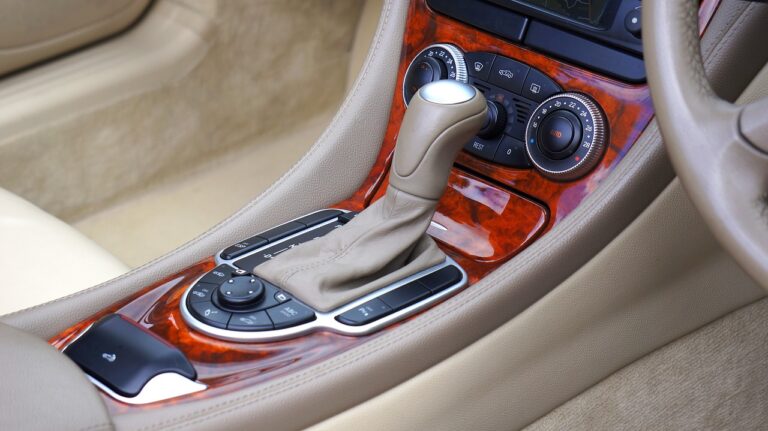The Impact of Electric Cars on Urban Transportation
Electric vehicles are rapidly gaining popularity in urban areas due to their environmentally friendly nature and cost-effective operation. With a growing emphasis on reducing carbon emissions and fighting climate change, electric cars offer a sustainable alternative to traditional gasoline-powered vehicles. The increase in charging infrastructure in cities has also made it more convenient for residents to adopt electric transportation, further contributing to the rise of electric vehicles in urban environments.
Moreover, governments worldwide are implementing incentives and policies to accelerate the adoption of electric vehicles, such as tax credits, rebates, and dedicated lanes for electric cars. These initiatives aim to not only reduce greenhouse gas emissions but also improve air quality in congested urban areas. As more people become aware of the benefits of electric vehicles in terms of reducing pollution and dependency on fossil fuels, the transition to a greener transportation system in cities is on the horizon.
Challenges of Transitioning to Electric Transportation
One of the primary obstacles in transitioning to electric transportation is the lack of sufficient charging infrastructure. Without widespread access to charging stations, drivers may experience range anxiety, hindering their willingness to switch to electric vehicles. Urban areas especially face the challenge of accommodating charging infrastructure in densely populated spaces, further complicating the transition process.
Additionally, the high upfront cost of electric vehicles remains a significant barrier for many consumers. While the long-term savings on fuel and maintenance costs can offset this initial investment, the upfront price tag can deter potential buyers, particularly in urban areas where the cost of living is already high. Without adequate financial incentives or subsidies, the transition to electric transportation may be slow-moving for many city dwellers.
Benefits of Electric Cars for Urban Environments
Electric cars are showing impressive potential when it comes to reducing air pollution in urban areas. Their zero tailpipe emissions contribute to cleaner air quality, which is critical for the health and well-being of city residents. The decrease in greenhouse gas emissions from electric vehicles aligns with global efforts to combat climate change and work towards a more sustainable future for urban environments.
Furthermore, the quiet operation of electric cars helps reduce noise pollution in bustling city streets. With fewer engines rumbling and roaring, neighborhoods can experience a more peaceful and tranquil atmosphere. This not only benefits residents but also enhances the overall livability and desirability of urban areas, making them more attractive for both residents and visitors alike.





